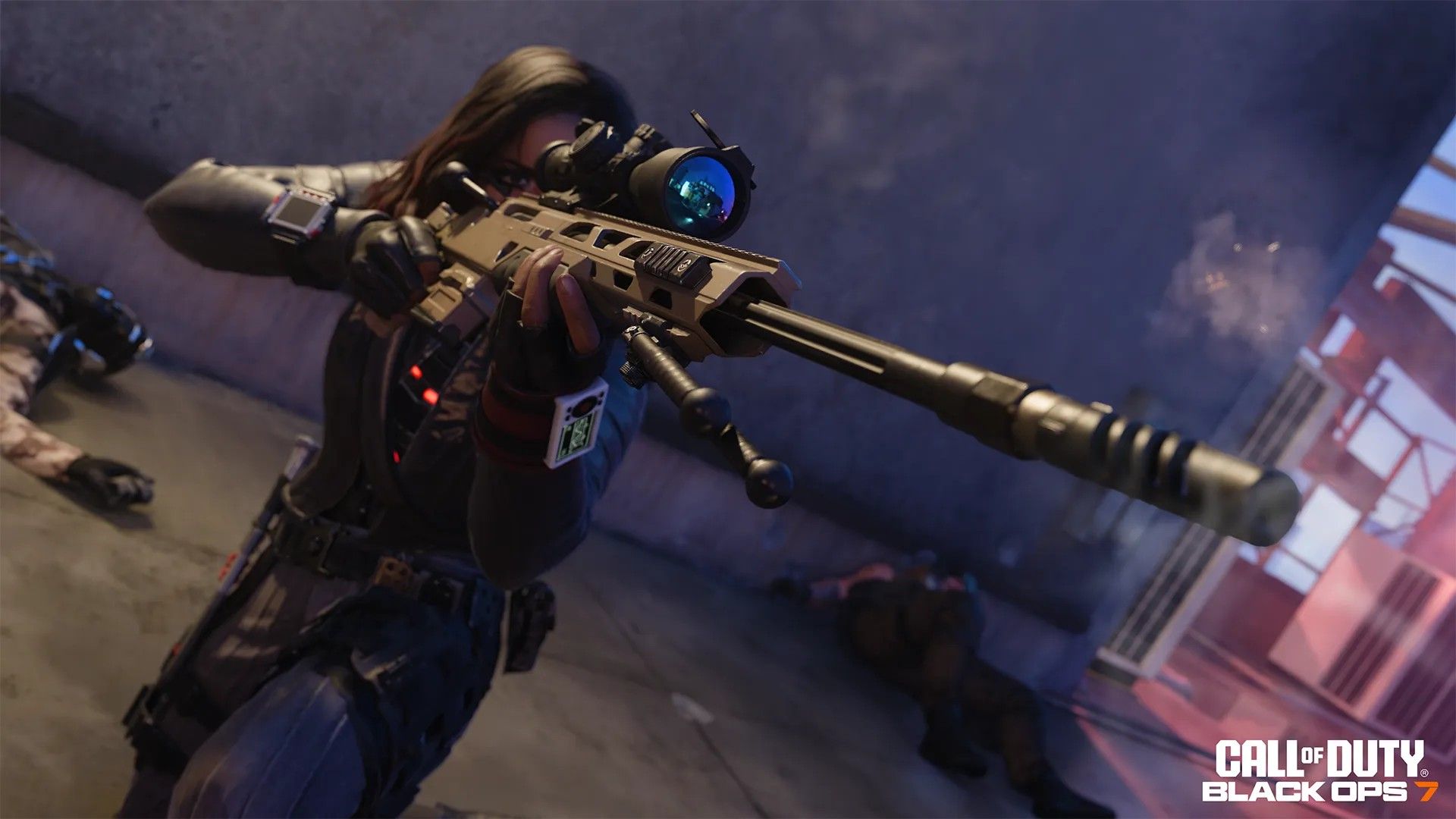
At the age of 33, Sharon Kirkwood noticed an unusual ache in her leg while playing netball. Within two years, this seemingly minor discomfort evolved into a devastating diagnosis that would change her life forever. Sharon, now 41, reflects on her journey with motor neurone disease (MND), a condition that was once considered rare among young people.
Initially, Sharon attributed her uncoordinated movements on the netball court to fatigue. As a busy mother of two young sons and a full-time teacher, her demanding schedule seemed a plausible explanation. However, by September 2017, the discomfort in her right leg intensified, leading to a noticeable limp. Despite her busy life, Sharon eventually sought medical advice, which marked the beginning of a series of consultations and tests.
Diagnosis and Disbelief
Sharon’s initial medical consultations included scans to rule out multiple sclerosis or a brain tumor, both of which came back clear. However, her symptoms persisted, prompting a referral to a neurologist. During this appointment, the neurologist detected weakness in Sharon’s arms and legs but dismissed her concerns as psychosomatic, advising her to relax and try yoga.
Undeterred, Sharon sought a second opinion, which led her to an MND specialist. In April 2018, Sharon received the diagnosis she feared but expected: motor neurone disease. Despite the life-altering news, Sharon felt a sense of relief at finally having an answer.
“I’m quite a practical person, so it was probably more of a relief to actually have an answer and be able to start taking action,” Sharon shares.
Living with the Cruellest Disease
MND is known for its relentless progression, attacking the nerve cells that control muscle movement, speech, and breathing. Sharon’s experience echoes the description of MND by leading neurologist Dominic Rowe as “the cruellest disease imaginable.” Over the years, Sharon has lost the ability to perform almost every physical task. She relies on a robot feeding machine and a wheelchair, and communicates through an ‘eye-gaze’ computer.
Sharon’s journey has been marked by significant challenges, including the loss of independence and the ability to parent her children as she once did. Despite these hardships, she maintains a positive outlook, focusing on gratitude and the simple joys in life.
“I try to focus on finding things to be grateful for and I can find them every day,” she says. “MND has taken so much from me, but I refuse to let it take my positive attitude.”
Advocacy and Awareness
Sharon’s story is not only one of personal resilience but also of advocacy. She dedicates much of her time to raising awareness for MND research and clinical trials. Her efforts highlight the need for increased understanding and support for those affected by this debilitating disease.
While there is currently no cure for MND, Sharon’s determination to live life to the fullest and her commitment to advocacy serve as an inspiration to many. Her journey underscores the importance of early diagnosis and the need for ongoing research to find a cure.
“Right from the day I was diagnosed, I felt as though I had a choice. I can choose to be miserable or choose to be happy,” Sharon reflects.
As Sharon continues to navigate the challenges of MND, her story remains a powerful reminder of the human spirit’s capacity for resilience and hope. Her advocacy efforts not only bring attention to the disease but also offer support and encouragement to others facing similar battles.





